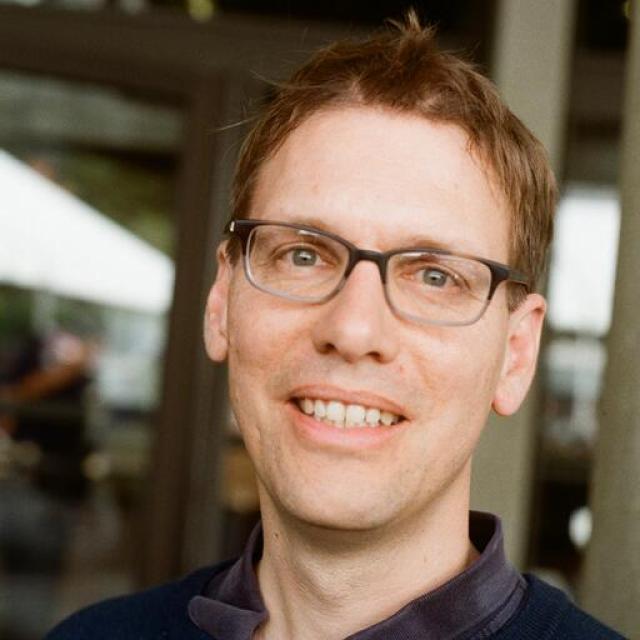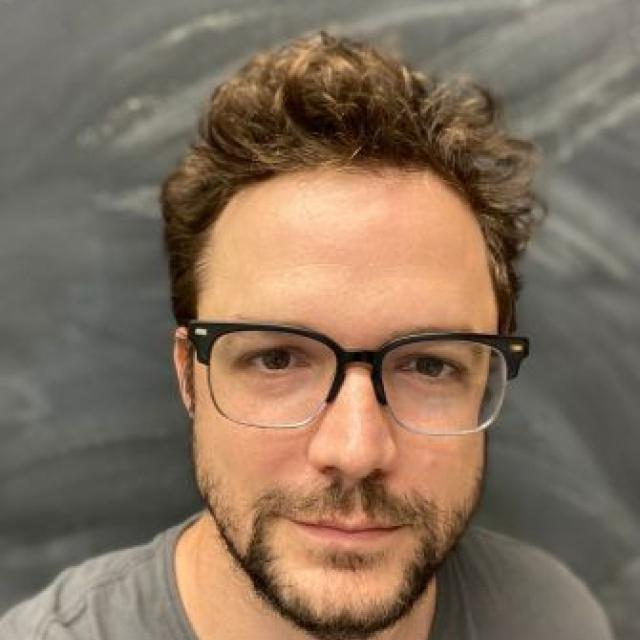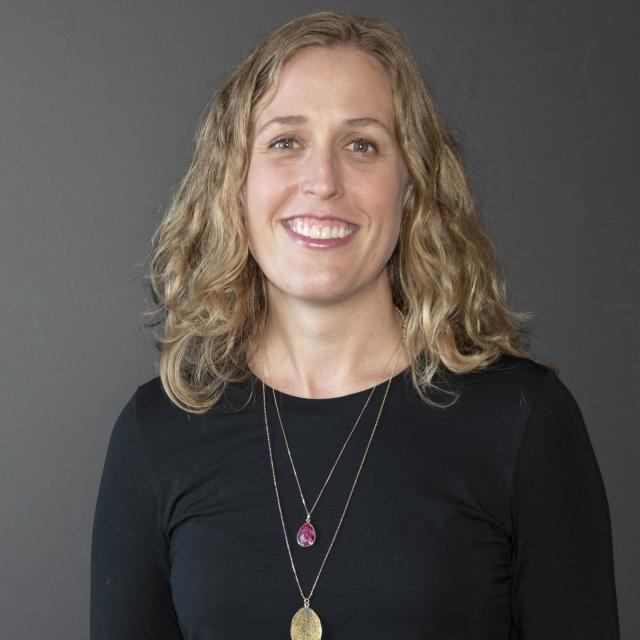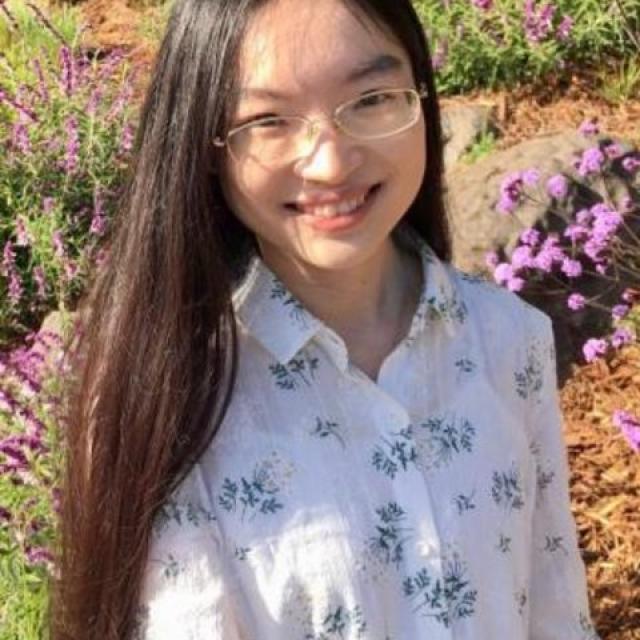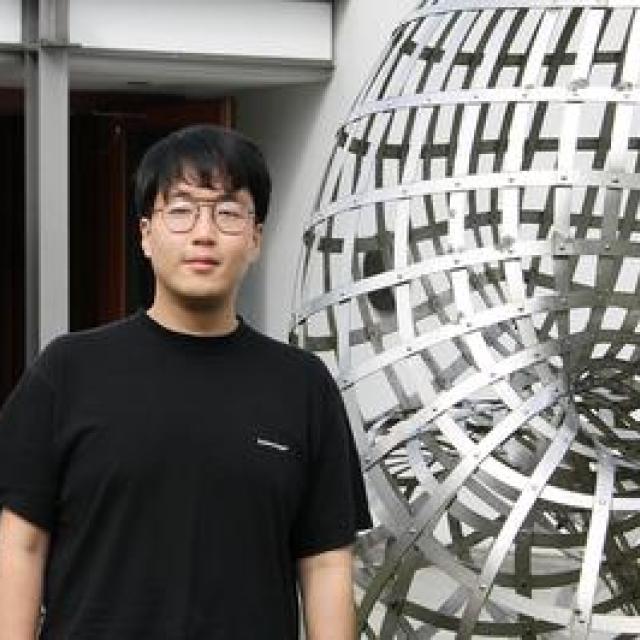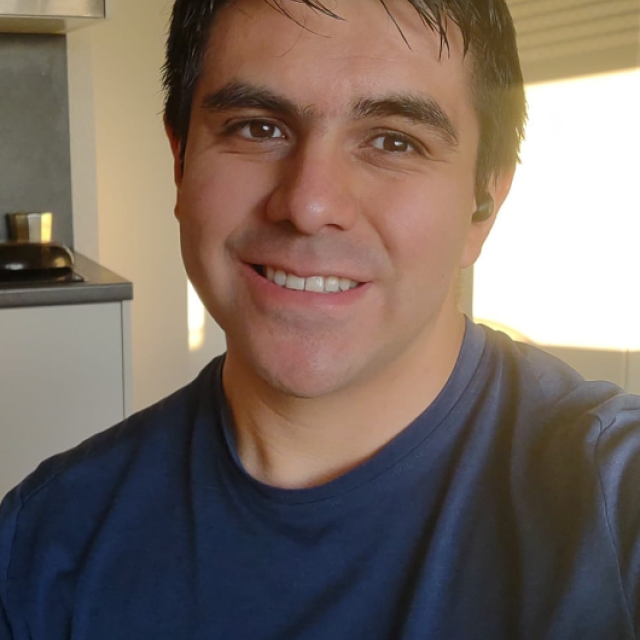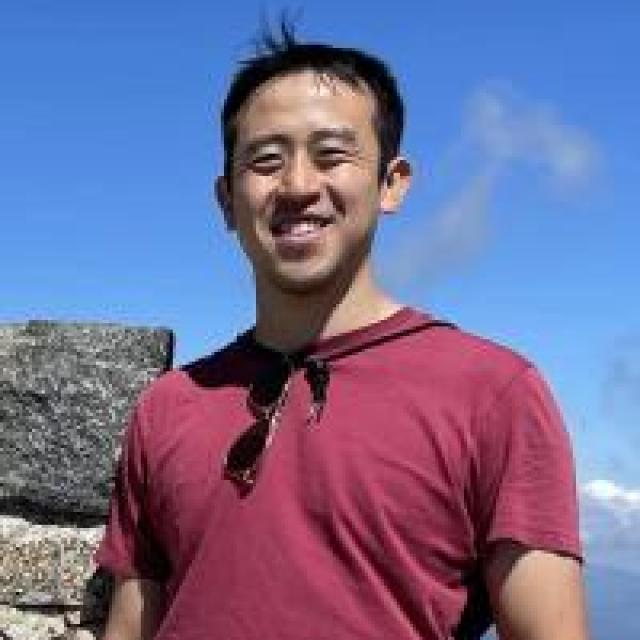Pacific Northwest Geometry Seminar
Topic
The Pacific Northwest Geometry Seminar (PNGS) is a regional meeting for geometers of all kinds. It is held once each academic year.
PNGS official Website: https://sites.google.com/view/pnwgeometryseminar/home
Speakers
Details
The Pacific Northwest Geometry Seminar is sponsored by the following participating institutions: Lewis and Clark College, Oregon State University, Pacific University, Portland State University, Seattle University, University of British Columbia, University of Oregon, and the University of Washington.
Schedule:
Saturday May 10, 2025:
- 8:30 AM - 9:00 AM: Coffee and snacks (outside ESB 2012)
9:00 AM - 10:00 AM: Richard Bamler
Title: On the Multiplicity One Conjecture for Mean Curvature Flows of surfaces
Abstract: The Mean Curvature Flow describes the evolution of a family of embedded surfaces in Euclidean space that move in the direction of the mean curvature vector. It is the gradient flow of the area functional and a natural analog of the heat equation for an evolving surface. Initially, this flow tends to smooth out geometries over brief time-intervals. However, due to its inherent non-linearity, the Mean Curvature Flow equation frequently leads to the formation of singularities. The analysis of such singularities is a central goal in the field.
A long-standing conjecture addressing this goal has been the Multiplicity One Conjecture. Roughly speaking, the conjecture asserts that singularities along the flow cannot form by an "accumulation of several parallel sheets”. In recent joint work with Bruce Kleiner, we resolved this conjecture for surfaces in R^3. This had several applications. First, combining our work with previous results, we obtain that the problem of evolving embedded 2-spheres via the Mean Curvature Flow equation is well-posed within a natural class of singular solutions. Second, we remove an additional condition in recent work of Chodosh-Choi-Mantoulidis-Schulze to show that the Mean Curvature Flow starting from any generically chosen embedded surface only incurs cylindrical or spherical singularities. Third, our approach offers a new regularity theory for solutions of general Mean Curvature Flows that flow through singularities.
This talk is based on joint work with Bruce Kleiner.
10:15 AM - 11:15 AM: Laura Fredrickson
- Title: The asymptotics of hyperkahler metrics from Gaiotto--Moore--Neitzke's conjecture
- Abstract: Hitchin's equations are a system of gauge theoretic equations on a Riemann surface that are of interest in many areas including representation theory, Teichm\"uller theory, and the geometric Langlands correspondence. The Hitchin moduli space carries a natural hyperk\"ahler metric, a rich and rigid geometric structure. An intricate conjectural description of its asymptotic structure appears in the work of Gaiotto--Moore--Neitzke. I will discuss some recent and less-recent results using tools coming out of geometric analysis which are well-suited for verifying these extremely delicate conjectures. This strategy often stretches the limits of what can currently be done via geometric analysis, and simultaneously leads to new insights into these conjectures.
This is based on works joint with R. Mazzeo, J. Swoboda, H. Weiss, M. Zimet.
11:30 AM - 12:30 PM: Sergio Zamora
- Title: Torus stability and lower curvature bounds
- Abstract: Given a Gromov-Hausdorff convergent sequence of spaces $X_n$ that share a lower (sectional or Ricci) curvature bound, the problem of understanding the topology of the limit space in terms of the topology of the spaces $X_n$ has been studied extensively. I will talk about variants of this problem, specializing to the case when the spaces $X_n$ are tori.
Lunch Break
3:15 PM - 4:15 PM: Tristan Collins
- Title: Free-boundary Monge-Ampere equations and geometric applications
- Abstract: I will discuss a general class of free-boundary Monge-Ampere equations, with a particular emphasis on geometric applications, including the existence of complete Calabi-Yau metrics on some quasi-projective varieties, and hemispheres with constant Gauss curvature and specified Gauss map. This talk is based on joint works with Y. Li, F. Tong, S.-T. Yau and B. Firester.
4:30 PM - 5:30 PM: Jonathan Zhu
- Title: Uniqueness results for sphere-ish minimal surfaces
- Abstract: Minimal surfaces in the round 3-sphere have prompted several influential and attractive uniqueness problems, particularly for low genus. Sweeping progress has been made in extending these results, by analogy, to other settings, such as free boundary minimal surfaces in the Euclidean ball, and mean curvature flow shrinkers. We will propose perspectives by which these other settings may be analysed in a continuous family starting with the round 3-sphere. In this talk, we’ll discuss (half-space) intersection properties, and also connections with capillary minimal surfaces. This is based on joint work (including some in progress) with Keaton Naff.
Conference Dinner
Sunday, May 11, 2025:
8:30 AM - 9:00 AM: Coffee and snacks (outside ESB 2012)
9:00 AM - 10:00AM: Yi Lai
- Title: Convergence of Ricci flow and long-time existence of Harmonic map heat flow
- Abstract: For an ancient Ricci flow asymptotic to a compact integrable shrinker, or a Ricci flow developing a finite-time singularity modelled on the shrinker, we establish the long-time existence of a harmonic map heat flow between the Ricci flow and the shrinker for all times. This provides a global parabolic gauge for the Ricci flow and implies the uniqueness of the tangent flow without modulo any diffeomorphisms.
We present two main applications: First, we construct and classify all ancient Ricci flows asymptotic to any compact integrable shrinker, showing that they converge exponentially. Second, we obtain the optimal convergence rate at singularities modelled on the shrinker, characterized by the first negative eigenvalue of the stability operator for the entropy. This is joint work with K. Choi.
10:15 AM - 11:15 AM: Tin Yau Tsang
- Title: Mass for the large and for the small
- Abstract: Seeking a meaningful geometric (physical) invariant to describe a spacetime has sparked researches in both mathematics and physics. Interestingly, comparison geometry and conservation of energy are aligned. In this talk, we will first review the fundamental progress made by Schoen-Yau and Witten on ADM (Arnowitt-Deser-Misner) mass and scalar curvature. Then, we will see some recent progress on quasilocal masses, particularly the cases with the presence of apparent horizons.
Additional Information
Travel Reimbursements:
The NSF grant that funds the Pacific Northwest Geometry Seminar provides limited funds to reimburse travel expenses for PNGS participants, including roundtrip transportation and hotel for the weekend. The funds are available to graduate students or faculty members who do not have NSF grants that include travel funds. First priority goes to graduate students from the participating universities (Lewis & Clark, Oregon State, U. of Oregon, Pacific, Portland State, Seattle U., UBC, U. of Washington), and second priority to faculty members from these universities. Participants from other institutions may be supported if funds are available.
If you are interested in travel support, please contact Christine Escher (escherc@oregonstate.edu) as early as possible, preferably no later than three weeks before the meeting.
Transportation (From YVR to UBC)
TAXI: A standard flat rate of about 50.00 CAD.
UBER (or equivalent): this is a very convenient option
PUBLIC TRANSPORT: If you wish to take this option, you can use this link
Accommodations
The following accommodations are located on campus. Please call for availabilities
- Conferences and Accommodations at UBC
5961 Student Union Blvd.
Vancouver, BC, V6T 2C9
Reservations: 1-888-822-1030, (604) 822-1000 - Carey Centre
55920 Iona Drive
Vancouver, BC, V6T 1J6
Phone: (604) 224-4308 - St. John's College
2111 Lower Mall
Vancouver, BC, V6T 1Z4
Phone: (604) 822-8788 - Green College
6201 Cecil Green Park Rd.
Vancouver, BC, V6T 1Z1
Phone: (604) 822-8660 - Triumf House
5835 Thunderbird Blvd.
Vancouver, BC, V6T 2L6
Phone: (604) 222-1062 / (604) 222-7633
Child Care
Here is a list of local child care providers that may offer drop-in services if needed. We recommend reaching out as early as possible to check availability.
Sponsors:
This Pacific Northwest Geometry Seminar meeting is supported by the National Science Foundation (NSF), the Pacific Institute for the Mathematical Sciences (PIMS) and UBC Mathematics.

| 
| 
|
